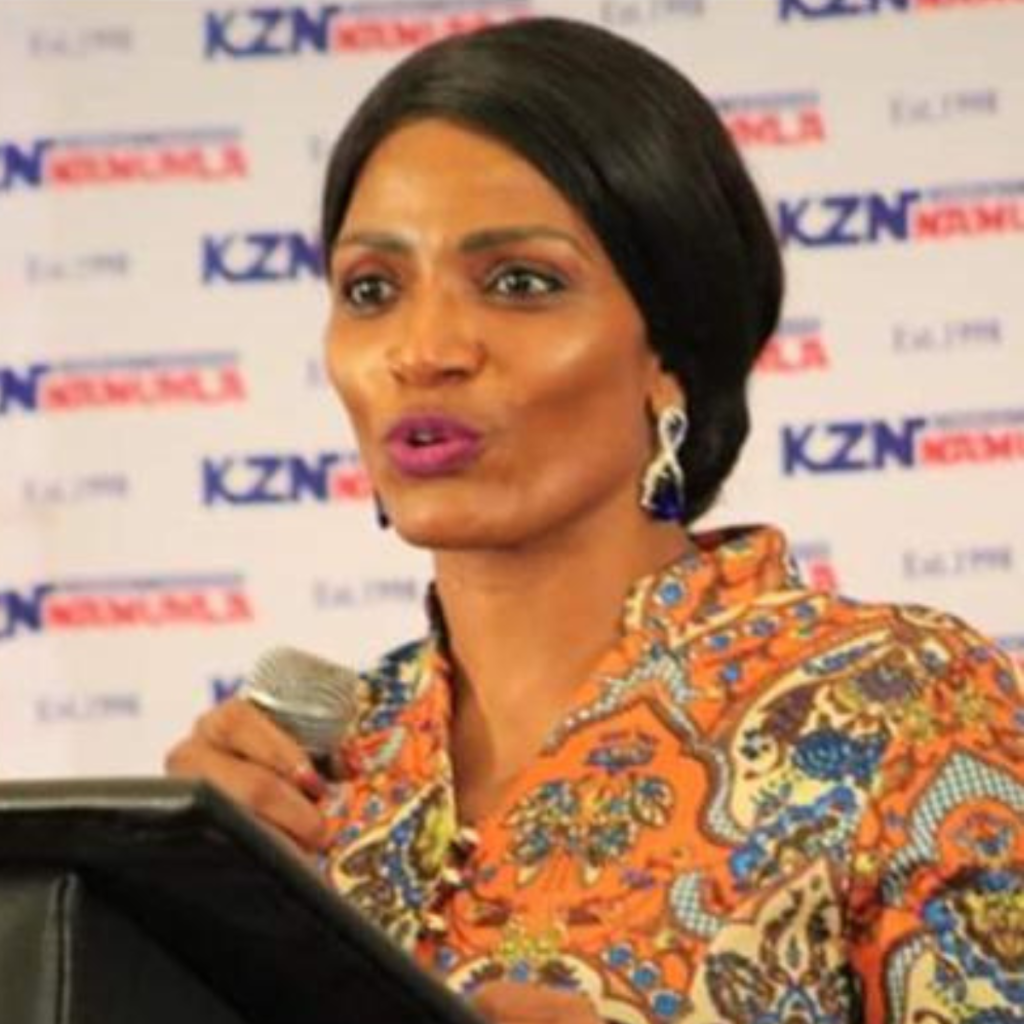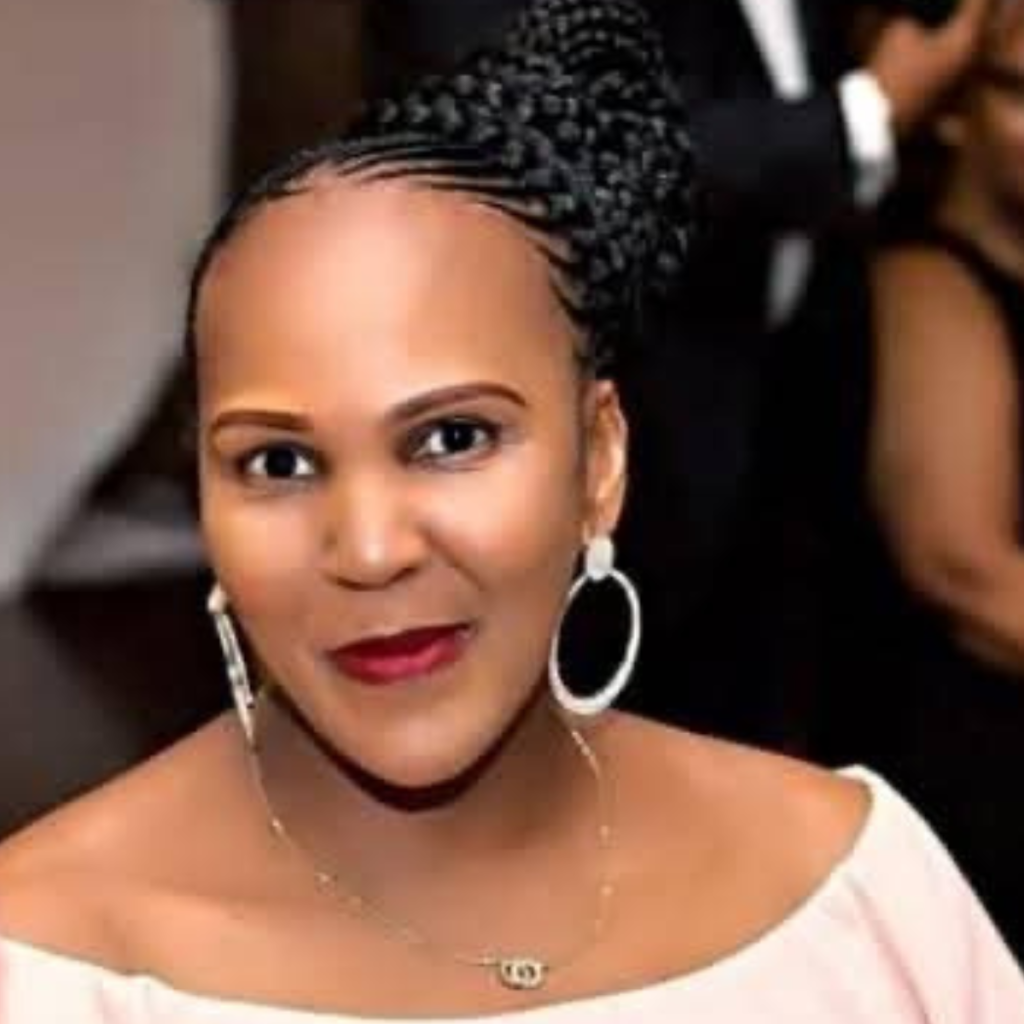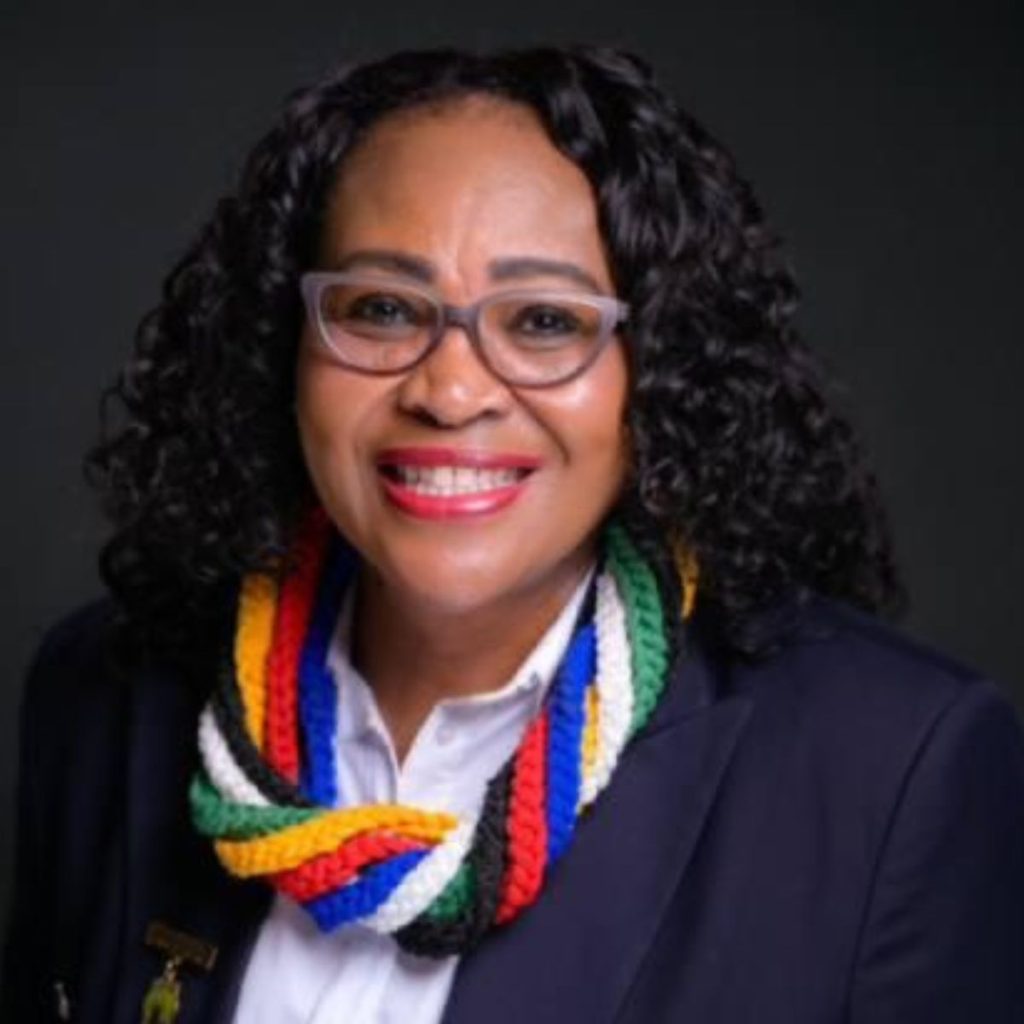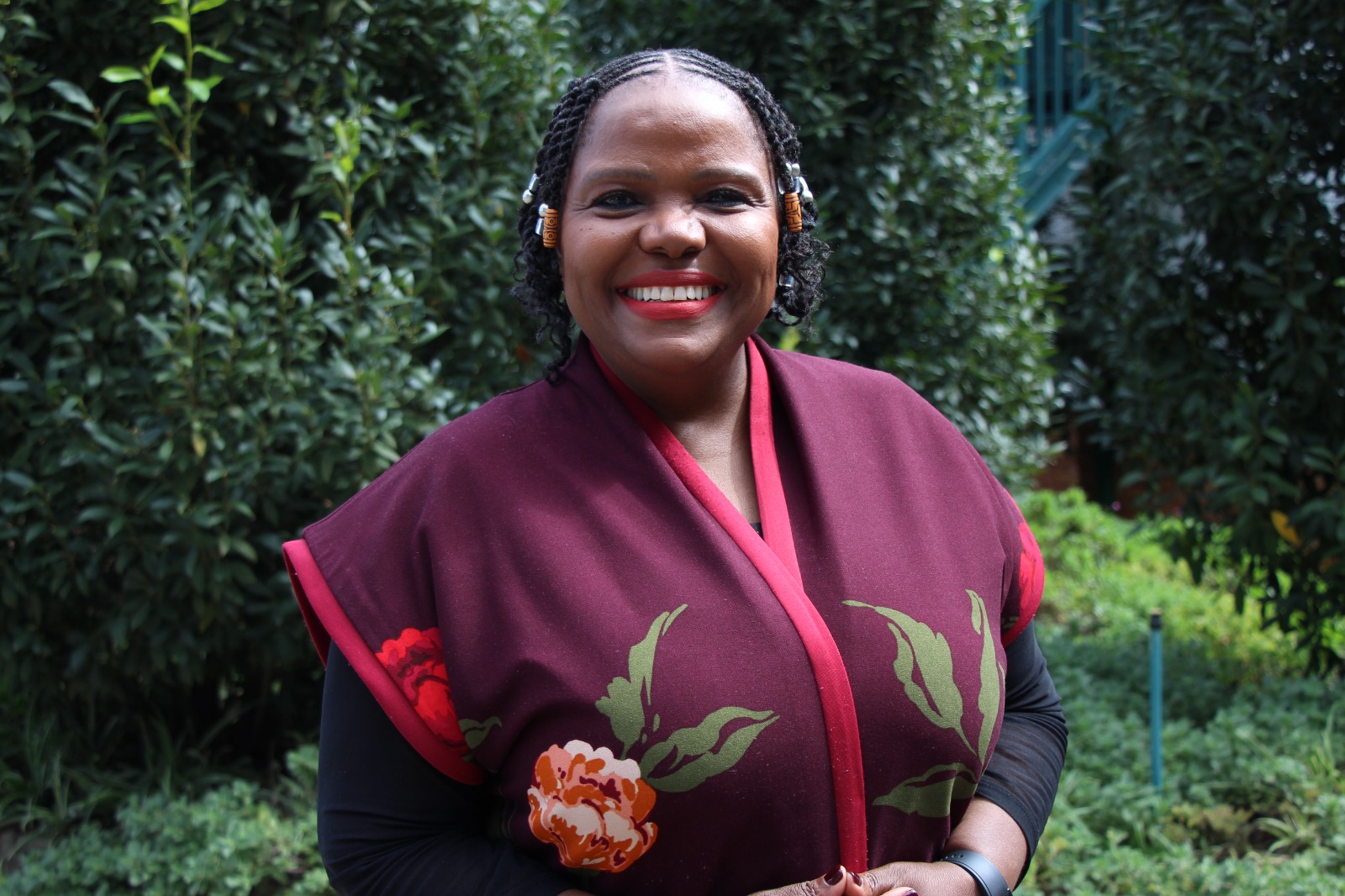Johannesburg, 4 September 2025: Women leaders have raised the alarm about South Africa’s stalled progress on gender equality in local government, warning that without urgent reforms, progress risks stalling further and exclusion could deepen. The keynote speaker pointed to the decline in women’s representation during the 2021 local elections as a stark reminder of what is at stake. With the 2026 polls approaching, she emphasised that the same pattern must not be repeated.
These remarks and urgent call came from a pre-conference seminar on women in local government hosted by the Institute of Local Government Management (ILGM), in partnership with The DaVinci Institute and Thinc Foundation on 28 August 2025.
The Panel

The panel featured women leaders from various industries, including Deputy President of iLGM (and incoming iLGM President), Eunice Lesejane, as the keynote speaker; the Wits School of Governance Lecturer, Dr Thalela Ngcetane-Vika; COGTA KZN Chief Director, Prof Halima Khunoethe; Ekurhuleni’s first female City Manager, Dr Imogen Mashazi; Discipline Lead at The DaVinci Institute, Dr Sibongile Vilakazi; and Deputy Chair of iLGM Gauteng, Thandi Radebe.
Despite government policies that target 50% female representation, the reality tells a different story. Women make up only 32% of mayors, 30-39% of senior managers, and 38% of council members. Disturbingly, the 2021 local elections saw a decline in women’s representation.
Progress

Progress is not automatic. It requires deliberate action, structural reforms, and societal support, the panel agreed, pointing to barriers such as lack of mentorship, limited networks, and the unequal burden of family responsibilities. Speakers noted that even practical arrangements, such as after-hours council and committee meetings, create structural barriers. Women balancing family and leadership responsibilities are often expected to manage both simultaneously, which undermines their full participation.
Opening the seminar, The DaVinci Institute’s Head of Faculty: Innovation Management, Dr Mamohau Sekgaphane, urged leaders to embrace authenticity.
“We need sound, committed, and compassionate leadership predicated on an authentic understanding of our history, culture, and contemporary challenges. Action must emerge from our own authentic possibilities, based on the culture and competencies of Africans themselves,” she said.
She described local government as the pulse, the heartbeat, the engine that runs our communities.
Delivering the keynote, iLGM Deputy President, Eunice Lesejane, stressed that women in local government must not be viewed only as councillors, mayors, or managers, but as leaders who carry the lived realities of more than half the population.
“Our role goes beyond representation, it is about ensuring that governance reflects the needs, hopes, and challenges of the communities we serve,” Lesejane said.
Citing examples from Sweden, she highlighted how women leaders have championed childcare programmes and safer community initiatives. Lesejane added that when women are fully included in decision-making, public service outcomes shift profoundly, bringing policies closer to real community concerns such as affordable housing, safety, childcare, and economic opportunity.
Key Takeaways

The seminar put forward bold proposals and practical reforms to achieve inclusive leadership:
- More resources must be channelled to local government as the true engine of service delivery, with some participants even questioning the necessity of provincial government.
- Institutional culture changes and equity plans are needed across all spheres of government, aligned with labour legislation.
- Practical measures such as workplace childcare facilities must be prioritised to enable women’s full participation.
- Women leaders must continue to advocate, write, and shape dialogues on how best to transform governance.
- Evidence presented showed that municipalities led by women CFOs recorded lower levels of irregular expenditure and stronger financial performance, underscoring the governance dividend of inclusive leadership.
With local elections less than a year away, the speakers warned that representation gaps cannot be ignored. Women bring lived perspectives that enrich governance and improve the quality of life for communities, the panel noted. As South Africa heads to the polls in 2026, inclusive leadership must be non-negotiable.
These discussions will feed into the annual iLGM conference organised by the Institute for Local Government Management (iLGM) in partnership with The DaVinci Institute and Thinc Foundation, ensuring that the momentum continues at a national scale.
About The DaVinci Institute
The DaVinci Institute prepares managerial leaders to drive transformative change in business and society. We offer qualifications from Higher Certificate to Doctoral level, alongside leadership development and short programmes, all underpinned by our proprietary TIPS® framework (i.e., managing Technology, Innovation and People through Systems Thinking).
Our approach emphasises solving real-world business challenges through action learning, applied research, and Mode 2 Knowledge Production, where knowledge is created in context, with and for society. By focusing on measurable outcomes, we aim to deliver both return on investment (ROI) for organisations and social return on investment (SROI) for communities.
At The DaVinci Institute, learning is co-created: students apply their studies to real challenges in their organisations and communities, guided by faculty and supported by industry partners, ensuring that education delivers impact for individuals, organisations, and society.
Our faculty brings academic depth and practical industry experience, ensuring that education at The DaVinci Institute is both rigorous and relevant. Through this integrated approach, we empower individuals to lead with purpose, build innovative organisations, and co-create sustainable futures.




Leave a Reply